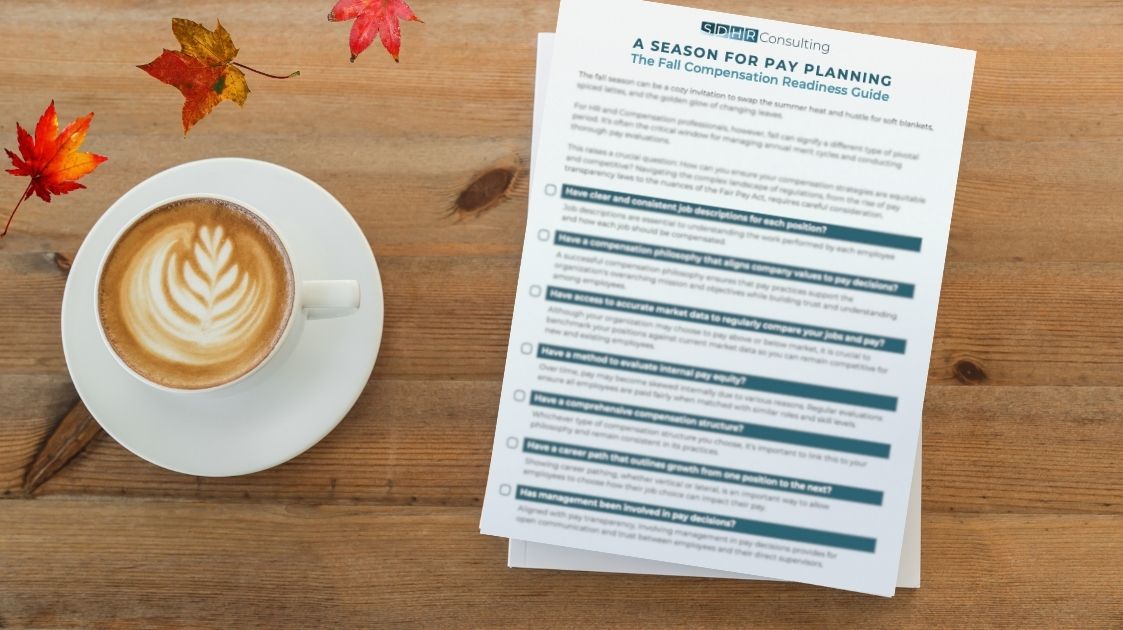
Now that the dust has settled in Sacramento, we briefly review several of the most significant developments applicable to private employers operating in California.
These changes will possibly require an update of your Employee Handbook and employment application, creating compensation ranges, and a change to your recruiting and interview process. These new laws will take effect on January 1, 2018.
Salary History & Equal Pay (AB 168). AB 168 prohibits employers from asking job applicants for salary history information. This term includes both compensation and benefits. AB 168 will:
-
- Prohibit employers from asking about or relying on prior salary information in deciding whether to offer a job and in deciding how much to pay.
- Allow employers to consider previous compensation in their offers if applicants volunteer information on prior pay and benefits.*
- Require that employers provide applicants with the pay scale for a position, upon reasonable request
This will require that you implement some changes in your business, such as:
-
-
- Review recruitment and hiring practices to ensure no bias or disparity when making an offer of employment.
- Employment Applications remove any reference to salary history.
- Interview techniques should be revisited and reconsidered.
- Compensation ranges will need to be established if they are not already.
- If compensation ranges are established, an analysis ensuring the ranges are appropriate is recommended.
-
Anti-Harassment Training (SB 396)
-
-
- Employers with 5 or more employees must prominently post a workplace notice regarding transgender rights (to be provided by the Department of Fair and Equal Housing).
- Employers with 50 or more employees must include training addressing harassment based on gender identity, gender expression, and sexual orientation.
- Training must be conducted by educators with knowledge and expertise in these topics and must include practical examples.
-
This new requirement means that you will have to review and update your current Harassment Prevention Training to ensure it addresses harassment based on gender identity, gender expression, and sexual orientation and that you obtain updated posters to display in your business.
Construction Contractor Liability (AB 1701).
-
-
- Direct contractors must assume and are liable for unpaid wages, benefits, or contributions that a subcontractor owes for labor connected to the contract.
- Subcontractors are required to provide applicable payroll records upon a direct contractor’s request.
-
To comply with this law, you should review current contracts for verbiage regarding liability.
Criminal History (AB 1008).
-
-
- Employers in California with 5 or more employees are forbidden from asking an applicant to disclose conviction information until the applicant is determined qualified for the position.
- Consideration of an applicant’s criminal history will be permissible only after the employer has made a conditional offer of employment.
- Once that offer has been made and the criminal history obtained, the employer cannot deny an applicant a position solely or in part because of conviction history until the employer performs an individualized assessment.
-
Employers that use criminal records to screen applicants should act promptly to review and update their applicant screening procedures. Your current employment application will need to be updated to ensure it does not ask for criminal history; misdemeanor or otherwise.
Parental Leave (CFRA) (SB 63).
California employers must provide employees with 12 weeks of unpaid, job-protected parental bonding leave and maintain and pay for the employee’s continued coverage under a group health plan at the level and under the same conditions that coverage would have been provided had the employee continued to work.
-
-
- This applies to private, state and municipal employers who directly employ 20 to 49 employees within 75 miles of each other.
- Who is eligible? Employees with more than 12 months of service and at least 1,250 hours of service with the covered employer during the 12-month period prior to commencing leave.
- Employees are entitled to utilize any type of accrued paid time off, such as paid vacation and sick leave, during the parental leave.
-
We recommend that you review and update all leave policies in the company Employee Handbook to ensure they are in alignment with current California laws. You will also have to re-evaluate any requests for a leave beginning on or after January 1, 2018.
But wait! There’s more… If you call us by January 1st, 2018 for a handbook revision or compensation analysis, we will offer you a 10% discount for your resolution and commitment to the new laws and your business acumen in the new year.
Call us at 888-220-9286 or email hr@sdhrconsulting.com to set up a time to talk to an HR Consultant about how these changes affect your business in the upcoming year, or any other HR or Recruiting needs.




